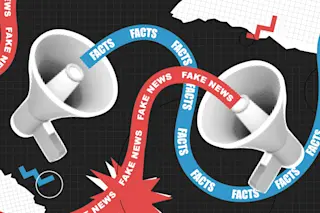Back in 2008, on a trip to Russia, I got lost. My husband was working at his employer’s Moscow office, and I had gotten off at the wrong bus stop on my way to meet him. With no way to tell him I’d be late, I thought I’d take a taxi. But there were no yellow cabs in sight, and back then, Uber was still just a German word. Hailing one of the city’s gypsy cabs —unmarked, unlicensed cars often driven by people unassociated with any company — seemed like my best bet.
Still, I was wary of hitching a ride with a random stranger. As I spotted another pedestrian with his arm stretched out for passing cars, I had an idea: Maybe I’d be safer getting into a total stranger’s car if this other stranger got in with me.
Sure enough, I arrived on time and unscathed — and ...















